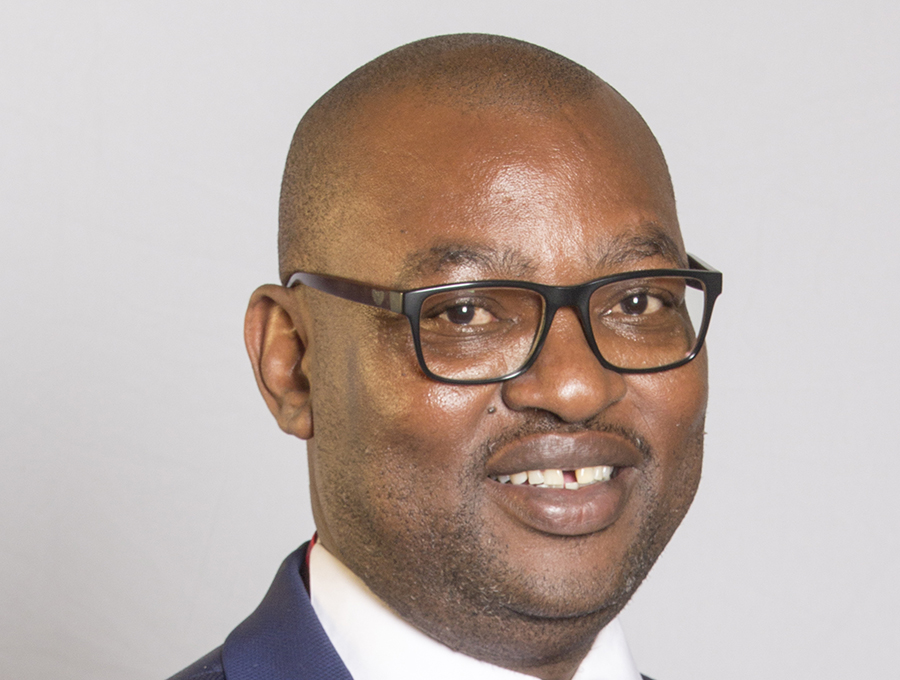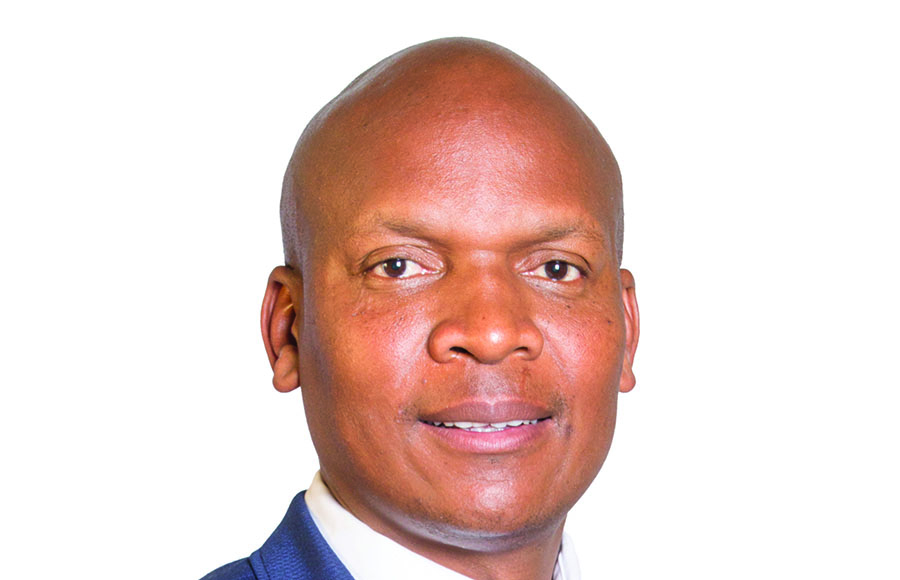The Honourable Fasiha Hassan from the Development Portfolio of the GPL
SPONSORED
This webinar was hosted by the Mail & Guardian and the Gauteng Provincial Legislature. It featured, Hon. Dumisani Dakile from Transport, Hon. Fasiha Hassan from Development, Hon. Joe Mpisi from Finance and Hon. Mpho Modise from Infrastructure. It was facilitated by business speaker Vusi Thembekwayo.
Gauteng is the economic hub of the continent, and the reduction of over 7% in GDP and expected R300-billion shortfall in municipal revenues collected will impact the province really hard. However, Covid-19 has provided an opportunity for a more equitable reboot and to create a more inclusive economy. The crisis is something that happened to South Africa; it was not of our choosing, and it has hit the informal sector hardest. It’s going to be tough to recover, something akin to running the Comrades Marathon. We are going to have to tighten our belts, work together, and retrenchments must be kept to a minimum.
 Hon. Dumisani Dakile is Chair of the Portfolio Committee on Roads and Transport
Hon. Dumisani Dakile is Chair of the Portfolio Committee on Roads and Transport There are serious economic challenges faced by the working class, and by the health sector. The government must do its best to mitigate the economic fallout of the Covid-19 crisis, and civil society must come on board too. There have been several economic crises in the past, but now things like industrialisation and localisation have become more urgent than in the past. The health system should be available for everyone, not just those with money. All sectors must be mobilised to confront this challenge.
Gauteng has put considerable funds into youth development, and the infrastructure of the province plays a huge role in small business development. For future projects that uplift communities it is essential that the communities involved are consulted, so that they know what role they are going to play in these projects. Bilateral engagement is required, and local skills must be employed, so the community takes ownership of the project, and has pride in it.
 Hon. Joe Mpisi is the Chairperson of the Finance Portfolio Committee
Hon. Joe Mpisi is the Chairperson of the Finance Portfolio CommitteeHow is oversight going to be ensured so that budgets are spent as they are supposed to be in Gauteng? The Gauteng Growth Development Agency has been allocated R791-million and the Gauteng Economic Propeller (GEP) R231.3-million, and Tourism has been given R138-million, because tourism has been absolutely decimated by Covid-19. Efficient oversight is required to ensure that jobs are created. The GEP has received so much money because its role is to support small businesses and township entrepreneurs, young people and women. It’s not just about financial support, but also training, putting people in touch. Innovative solutions must be found to solve the problems we face.
Service delivery is a problem and more must be done to ensure things get done faster from all government sectors, especially in marginalised communities. All the departments have been requested to reallocate parts of their budget to compensate for the Covid-19 crisis. Our 2030 roadmap policy is what guides Gauteng, as well as the NDP, regarding allocations of budgets. The first priority is to not shed jobs in the tourism and hospitality sectors. Budgets must be spent as planned to best assist the people of the province, especially those who are marginalised. All bureaucrats must be accountable and deliver on time; there must be consequence management. A number of departmental CFOs have been dismissed in this regard because of the GPL, the eyes and ears of the people of Gauteng.
 Hon. Mpho Modise is the Chair of the Portfolio Committee on Infrastructure Development
Hon. Mpho Modise is the Chair of the Portfolio Committee on Infrastructure DevelopmentThe focus must be on the SMMEs to achieve equity and close the gap. Small companies must be given work for government jobs, such as fixing roads or building schools, not established, large companies. Transformation must happen without fear or favour. Heads of departments must be held accountable; people tend to blame politicians, but often it is the bureaucrats who are at fault when projects take years to finish. Value must be derived from the money thrown at projects, and there must be consistent follow-ups.
Infrastructure projects must be allocated to specific individuals. If they fail to produce what they promise, there must be consequences; that project is that person’s “baby”. The legislature is holding the executive accountable, and a trust relationship is being built with communities.
 Business speaker Vusi Thembekwayo
Business speaker Vusi ThembekwayoThe informal sector is a more stable employer than the formal sector; and it must be included in the economy. If you examine the value chain of informal businesses, the main beneficiaries are actually the big companies, for example taverns benefit SAB. We need to examine the value chain and ensure that everybody has a stake, and that everyone benefits. If desks are broken in the schools in a township, the people who live there must fix them, and that has actually happened in certain cases.
We cannot reproduce exploitative economies, because the poor will just stay at the bottom of the pile. “The time is now, we have nothing left to lose; there are so many people living in poverty, that we cannot afford to continue with conservative economic policies. Courageous decisions must be made,” said Fasiha Hassan. “We don’t have all the answers, so the only way we can deal with this crisis is to involve the community.”